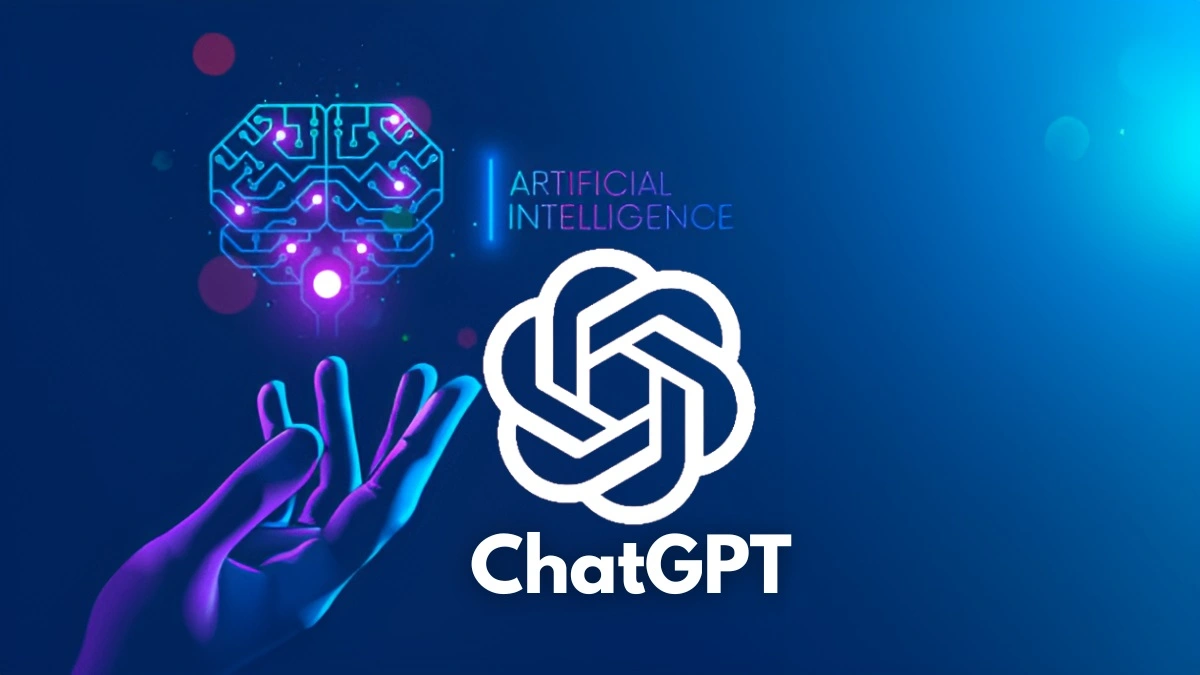A worrying discovery was made by a research team headed by Indiana University Bloomington Ph.D. candidate Rui Zhu about a possible privacy vulnerability connected to OpenAI’s ChatGPT potent language model, GPT-3.5 Turbo. Using the model’s email accounts, Zhu contacted others last month, including staff members of the New York Times.
Bypassing the GPT-3.5 Turbo’s customary privacy protections, the experiment took use of the device’s capacity to recall personal information. For eighty percent of the Times workers tested, the algorithm correctly predicted work addresses despite its imperfections. This raises concerns about the possibility that ChatGPT and other generative AI techniques may reveal private information after making very little changes.
Artificial intelligence language models, such as GPT-3.5 Turbo and GPT-4, are built to continually learn from fresh input. The model’s fine-tuning interface, which asks users to contribute additional expertise in particular domains, was utilized by the researchers to tweak the tool’s defenses. Using this way, requests that would normally be rejected via the conventional interface were accepted.
In response, OpenAI emphasized its dedication to security and declined requests for personal data. Experts, however, express concern, pointing to the lack of openness surrounding the precise training data and the possible dangers of AI models storing sensitive data.
The GPT-3.5 Turbo vulnerability highlights more general privacy issues with huge language models. Experts contend that since commercially accessible models are constantly learning from a variety of data sources, they pose serious hazards since they lack robust privacy safeguards. The problem is made more difficult by the secrecy surrounding OpenAI’s training data procedures; opponents are calling for greater openness and safeguards to protect sensitive data in AI models.
Also Read:- How chatbots and generative Ai are disrupting the car consumer world
ChatGPT Privacy concerns
Users of Apple, Microsoft, and Gmail accounts can sign up or log in to ChatGPT. It is true that Google maintains its own privacy policy and does not provide sensitive user information to outside businesses. Although GPT has an integrated Google login capability, it can only access your name, email address, and other information.
Given that both are distinct businesses and rivals, Google isn’t so stupid as to sell your data to ChatGPT in any scenario. In order to establish to your account, you may also create a new email. If you are too worried about the data being taken, you can obtain an online number for phone verification.

